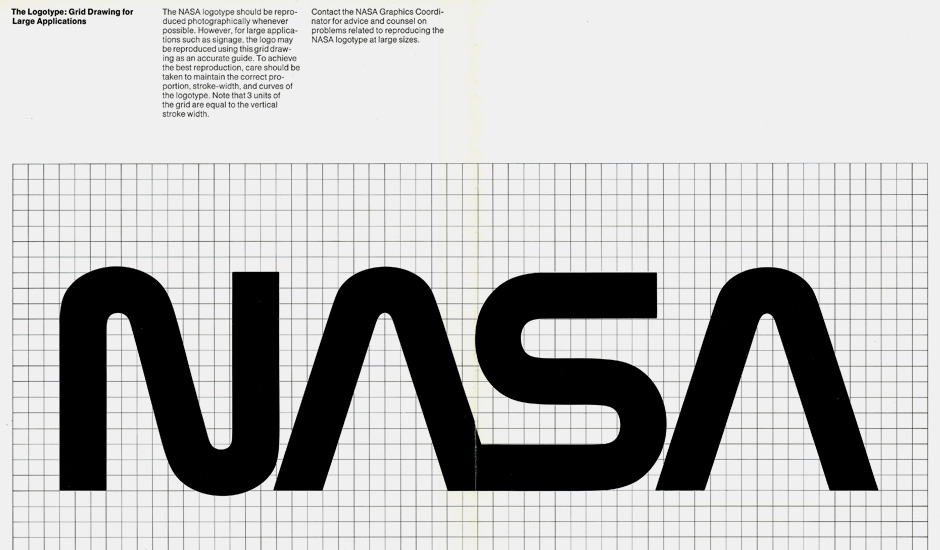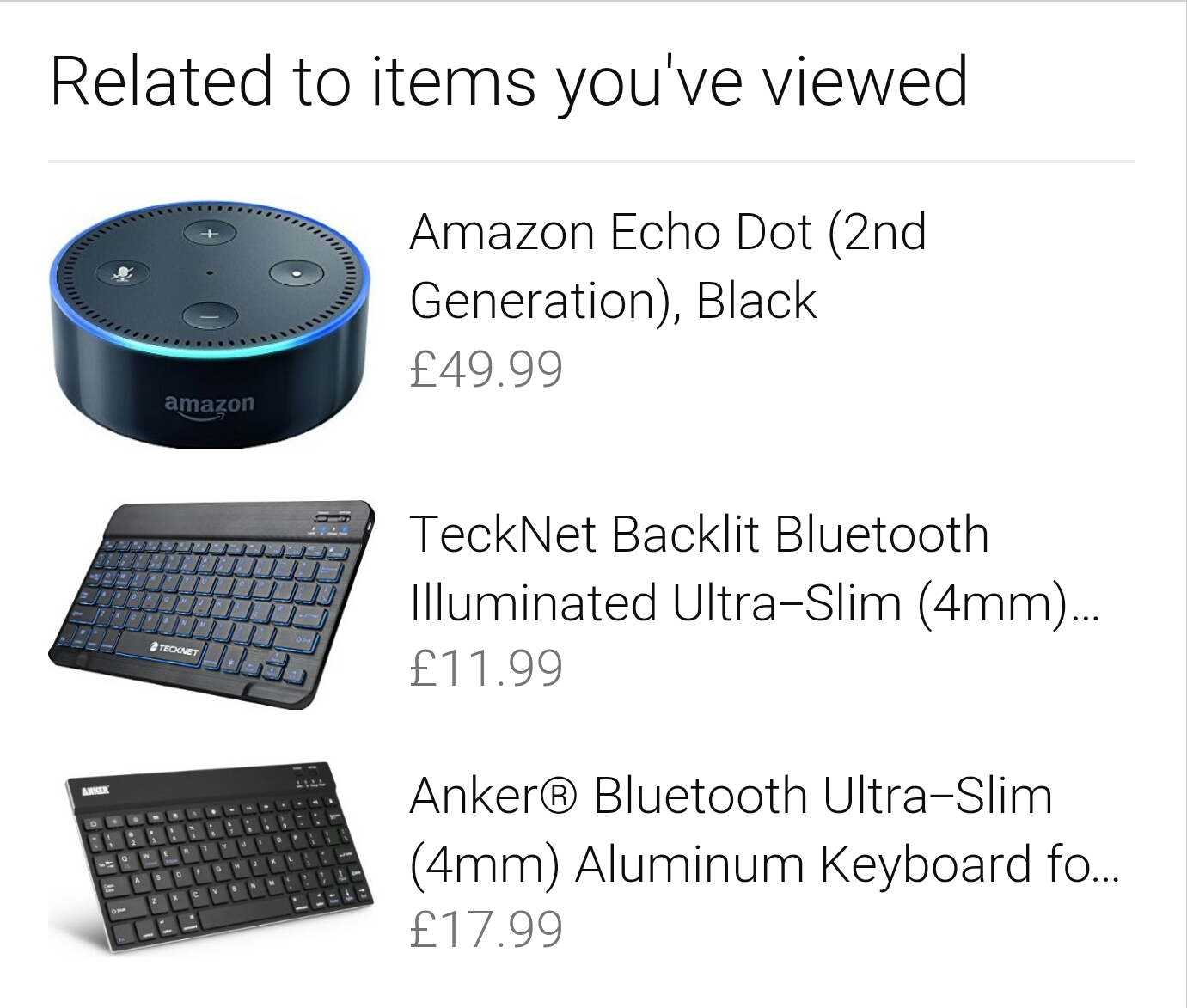I’ve been thinking a lot about how we talk at work recently. At Age UK I’m the guardian of ‘tone and voice’ and am currently rolling out workshops to try and encourage everyone to think about the language they use.
Interestingly, in the same week, I’ve seen two almost conflicting articles about company workspeak.
One was bemoaning the modern-day fashion for inanimate products to ‘talk’ to us. Citing the original example of innocent (who have always done it well), but highlighting many other examples, where companies think it’s ‘cute’ to personify a bag of salad.
The second piece, however, was by Liz Ryan from Human Workplace exhorting people to talk like humans at work.
Being human
The thing is, even though some companies have performed a scientific miracle in getting inanimate objects to speak, people on the whole do find it difficult to use a ‘human’ tone at work.
Communication that should be really simple gets stuffed with jargon, buzzwords and – my personal bugbear – ‘written’ language.
The latter are those words and phrases that people only ever use when they’re communicating using a webpage, email, letter, brochure… you get my drift.
I’m talking about words such as ‘dispatch’ instead of send, or the phrase ‘it’s important that we…’ instead of ‘we must’.
Don’t get me wrong, there’s a place for all these – just not in everyday, human communication.
So many people write in a quite robotic manner, as if someone’s flipped a switch in their brain marked ‘corporatese’.
I wish people would take a couple of minutes to re-read anything they’ve written and see if it makes sense to anyone who’s going to read it.
It does take a bit of effort to do things differently, but it’s worth it. People ‘will’ notice – even if it’s only subconsciously.
The Mansfield Scale
These thoughts also come in a week when I was told I’ve become an adjective at work for describing informality of communication.
This amused me highly but really showed that we do need to think in terms of how we speak in a work context.
So next time you pen something in the office, please stop and think if it’s fit for human purpose.



